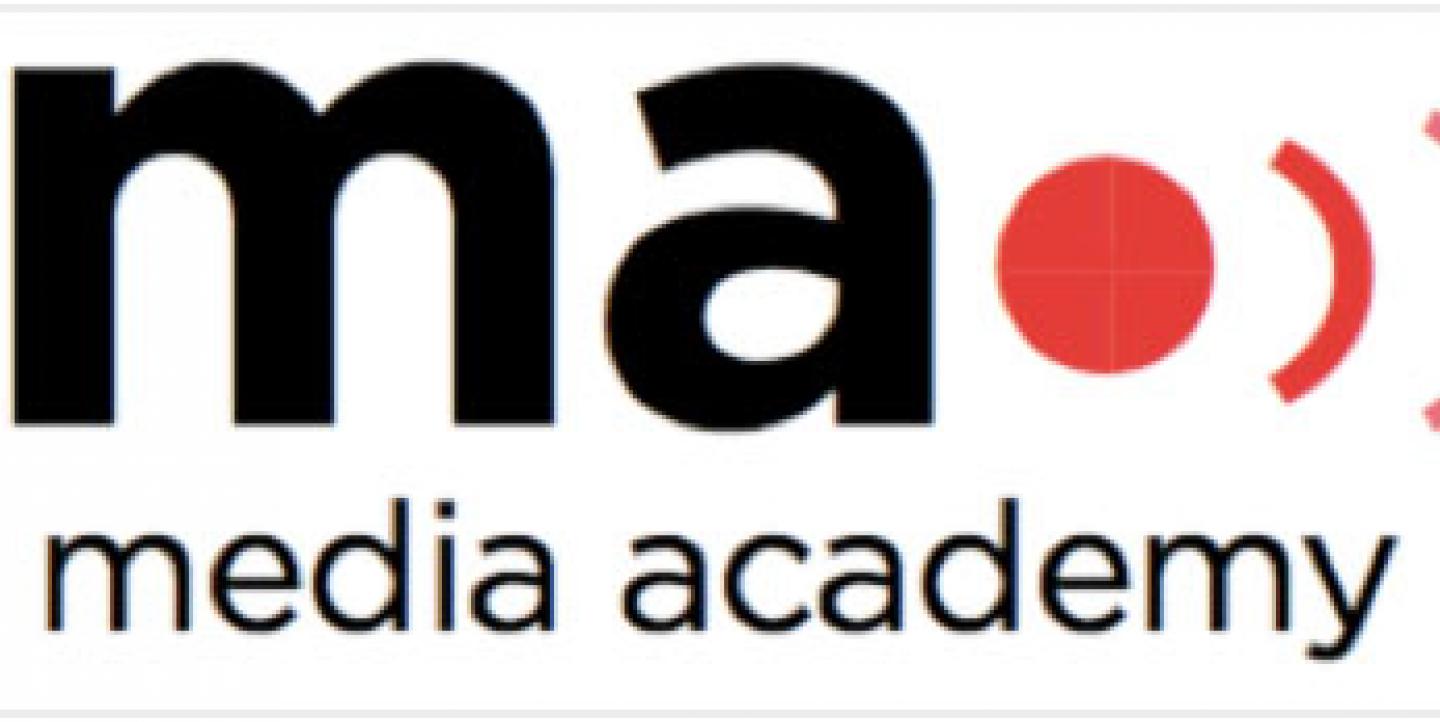A new journalism school hopes to bring a global outlook to India's dynamic media environment.
India, one of the world's fastest-growing economies, also has a booming media scene. Hundreds of new TV stations are being licensed, magazines abound and newspaper circulation is also growing.
To keep pace, journalism education needs to be nimble. So shortly after graduating its first class of 28 students, an ICFJ-managed journalism-training project in New Delhi is expanding. In partnership with Greycells Education, a Mumbai-based education company, the program has added TV to its curriculum and is moving from a Delhi suburb to the heart of the capital city. The new facility boasts a full, professional TV studio and lots of room to grow.
The World Media Academy - Delhi will help prepare tomorrow's journalists in India and the region to work in a world of converging media.
"Television reporters will have to write print stories, at least for the web, and newspaper reporters will have to shoot video and do stand-ups and televised reports," says Sharon Moshavi, ICFJ's Vice President for New Initiatives. "And both will have to be comfortable in the digital world of web-based journalism and hyperactive social media."
The changes come with the arrival of two new Knight International Journalism Fellows – Todd Baer, an award-winning correspondent for Al Jazeera English and CNN, and Chris Conte, a former editor and correspondent for the Wall Street Journal.
They took over this year after the successful fellowships of Dave Bloss and Jody McPhillips, who trained students and oversaw their internships at such organizations as The Washington Post, CNN-IBN, Aaj Tak TV, the Hindustan Times and others. Graduates of the program have gone on to work at organizations such as Mint newspaper, Al Jazeera English, Haryana News and ABC Australia.
Conte and Baer will divide students into separate TV and print tracks, but all students will cross-train to get experience in digital media throughout the 11-month, post-graduate diploma program.
In keeping with the school's commitment to give students hands-on experience, the two Knight Fellows will stress practical experience over classroom learning. After receiving in-classroom training, TV students will form a working newsroom, while print journalism students will go to work at various news organizations.
"I think of it as 'convergence within a medium,'" Baer says. "With India's media still growing rapidly and making healthy profits, they aren't really ready for full convergence. But they definitely see a need for journalists with a wider range of technical skills. By starting now, they should be more ready than American media were when full convergence comes."
Conte also will organize workshops and short courses to connect students with working journalists. These will range from sessions on pressing social issues like rural development, conflict, urban problems, health, sanitation and hunger, to targeted skills training on everything from feature writing to media management. Baer will also use his experience as a reporter covering conflict in such places as Kashmir and Gaza to teach a course on reporting in hostile environments.
"While journalists today need a broader range of skills than they did in the past, it is more important than ever that they understand and be able to explain complex social, economic and scientific issues," Conte explains. "In a world where technology enables anyone to become a journalist, professional journalists will have to be distinguished by their ability to make sense of news, not just their skill in finding and broadcasting it."
To find out how to apply, contact: learnjournalism@gmail.com or call +91-99-7149-8348 or visit WMA's website.


